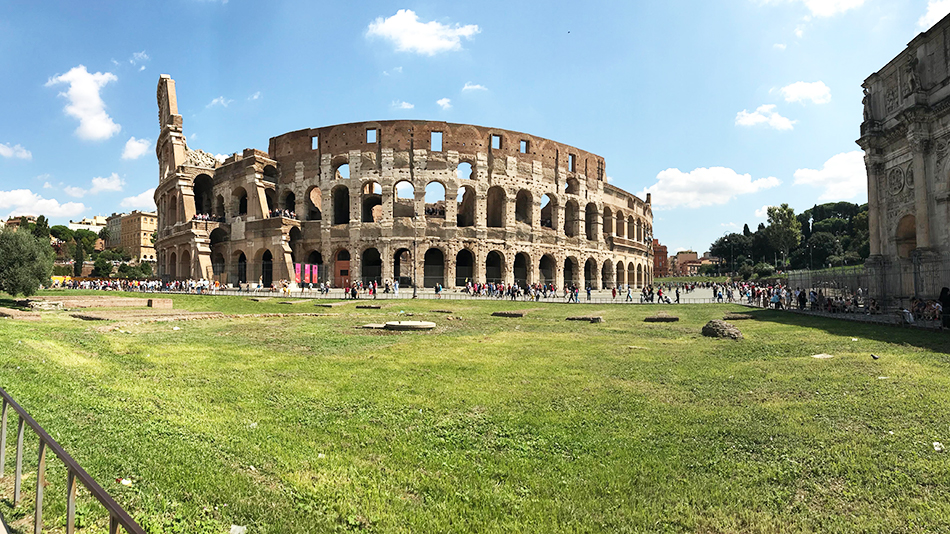In such politically turbulent times, what can we learn from Ancient History?
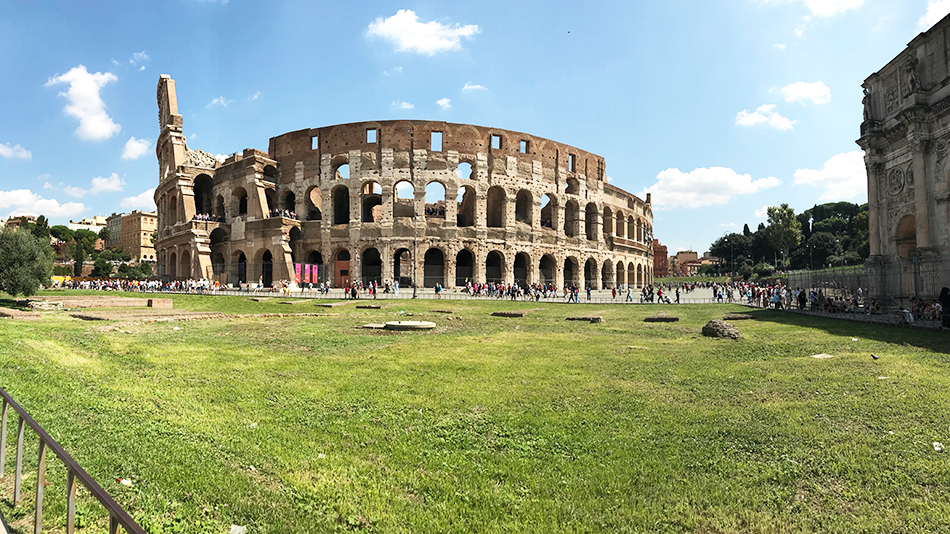
Ancient history is consistently invoked in modern politics and in the media to justify, condemn or sometimes explain the actions of modern politicians and high-profile figures. For example, the Spectator used the fact that many prominent Brexiteers studied Classics at University to attempt to explain why they supported the decision to leave the European Union, “What do Boris Johnson, Jacob Rees-Mogg and Dominic Cummings all have in common? They are Brexiteers, of course. Yet little is it known that they all studied history or classics at university. Add to this list John Redwood, Bill Cash, Daniel Hannan, Owen Paterson and Douglas Carswell — some of the most influential Eurosceptic MPs from the past 30 years.”
For those that would argue that the study of Ancient History is no longer relevant in modern politics, there is evidence to suggest otherwise. Ancient history can provide alternative viewpoints on current political situations occurring in the UK, as Dr Gilliver, a senior lecturer of Ancient History at Cardiff University, said “given the situation we are in at the moment, with this debate about Brexit and Theresa May saying that she is going to uphold the will of the people, which seems to mean that in parliament they can vote multiple times on things, but not allowing the people to have another referendum vote.”
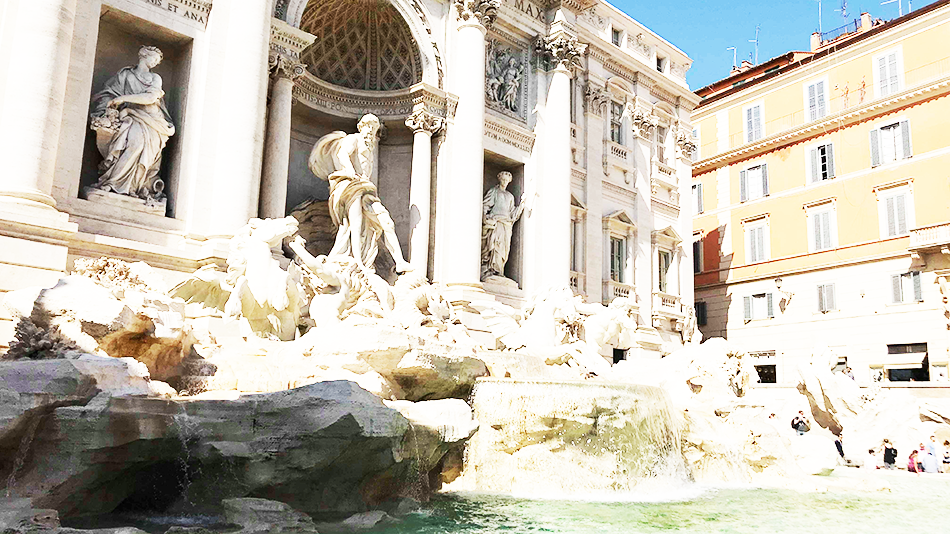
“I always think look at the Mytilene debate in the 5th century BC when the Athenians conquered the island of Lesbos and captured Mytilene the town and they decide that they are going to execute vast numbers of the population. But the next day they actually think ‘hang on, was that actually such a good decision? No, it wasn’t, we were a little too hasty. Let’s have another vote on it’. They had another vote, changed their minds and sent a ship that managed to forestall the executions. So, if the father of democracy can decide to change its mind, why can’t a state in the 21st century at least ask its people ‘do you want to change your mind?’” said Dr Gilliver.
if the father of democracy can decide to change its mind, why can’t a state in the 21st century…
Dr Kate Gilliver
Ancient History is also rife in modern American politics, it has been invoked several times in an attempt to justify the behaviour of American politicians in the confusing political climate the US finds itself in. The behaviour of the Ancient Roman senators has been cited in an article written by Mindy Weisburger for LiveScience.com to justify the petty name calling used by modern politicians in American politics, most notably Trump.
She wrote that “In recent years, verbal jabs traded between political opponents seem less like discourse between adults, and more like acid-tinged dialogue cut from “Mean Girls” because it was too nasty. But while such behavior is distasteful and unpleasant, it isn’t new — the tradition of politicians indulging in scathing personal insults was widespread across the ancient Roman Republic, and was exquisitely brutal, according to new research.” She then goes on to describe many of the personal insults Donald Trump has used against his opponents, for example calling Kim Jong Un a “little rocket man.”
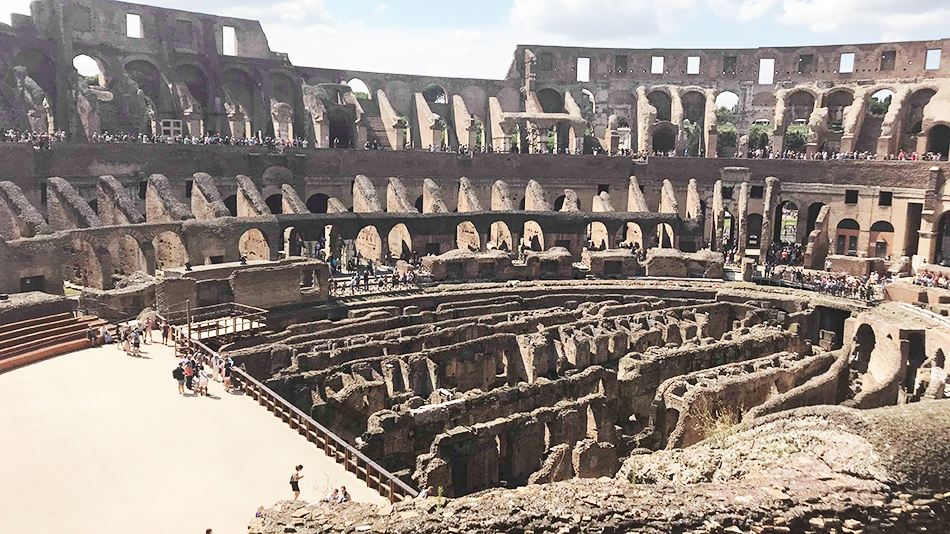
Historical events are also called upon by the politicians themselves in order to give weight to their arguments or to highlight the severity of the current political situation. For example, in 2014 the republican senator for Texas, Ted Cruz, emulated Roman Philosopher Cicero in his speech against Obamas plans to reform immigration policy. Mimicking the speech Cicero made against his political opponent Catiline, in which he asks Catiline “Quousque tandem abutere, Catilina, patientia nostra?” (“How long, Catiline, will you go on abusing our patience”), Ted Cruz asked Obama “When, President Obama, do you mean to cease abusing our patience?”. He described Cicero’s defence of democracy as “powerfully relevant 2077 years later.”
Dr Kate Gilliver also argues that there is a lot to learn from the Ancient world. She said “if you don’t understand the mistakes of the past then you’re going to repeat them in the future. I think everyone can learn from history, whatever period of history it is, but for the Ancient world it gives us the foundations for understanding quite a lot about what has happened in European history. Whether that’s to do with the way that states were set up and governed themselves or religion and Christianisation or culture. So much of English literature, that we might term as the classics of our literature, goes back and is based on the classical world. So, I think it sort of helps you understand, certainly for the UK, who we are as a people and where we’ve come from.”
If you don’t understand the mistakes of the past then you’re going to repeat them in the future.
Dr Kate Gilliver
The foundations of Europe and the UK were built by international interaction, whether it was wanted or not. The Romans brought us great technological advances, such as sewage systems, that would not have been possible without the movement of people around the world. To oppose free movement in Europe is to oppose the possibility of innovation and cultural development through the inclusion of other members of the EU and the rest of the world.
It could be argued that Britain was in a very similar situation to the one we are currently embroiled in in 5th century AD. At this time the people of Britain separated themselves from the Roman Empire. It is suggested that this was done in the hope that they would regain an understanding of their own identity and combat the uncertain impacts that immigration brought as a consequence of being a part of an international community like the Roman Empire. Will Bowden wrote in his article, ‘The Roman Brexit: how life in Britain changed after 409 AD’, for ‘theconversation.com’ that “Archaeology suggests that late Roman Britain saw the same challenges to personal and group identities that the current Brexit debate stirs today. There can surely be little doubt that, had they lived in the 5th century, those who now identify as Leavers and Remainers would have debated the impact of foreign immigration and the merits of staying in the Roman Empire with equal passion.”
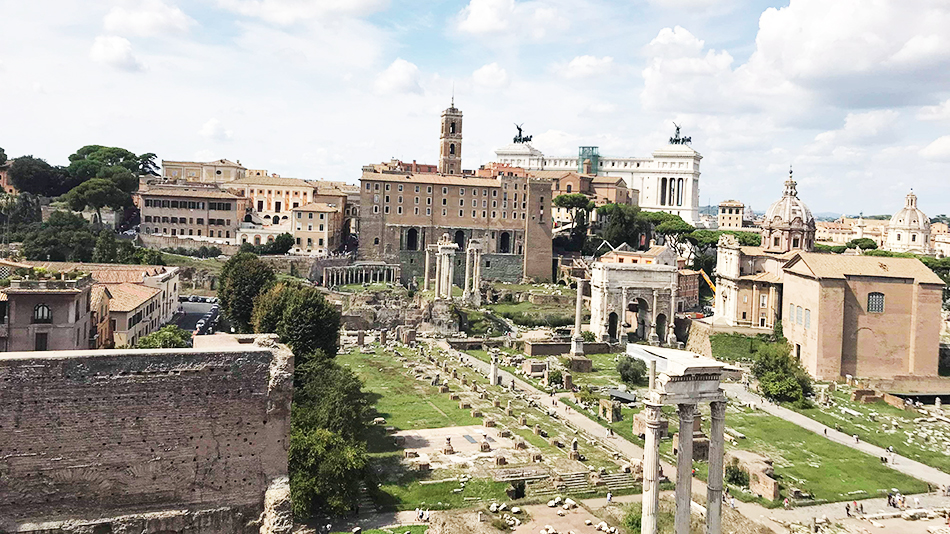
After Britain departed from the Roman Empire, the people in Britain began embracing Roman culture, for example by importing Mediterranean wine and inscribing on stone. Once the departure had taken place ‘being Roman’ assumed new importance as people realised what they had lost. Bowden finishes the article with this warning, “We must hope that some of the more dramatic changes of the 5th century, such as the disappearance of urban life and a monetary economy, do not find their 21st-century equivalents.”
Learning Classics or Ancient History involves studying Latin to some degree, which Dr Gilliver argues is extremely beneficial when it comes to learning modern languages. She said “unlike learning French or Spanish or Italian, you’re learning the foundations of so many different western European languages, so having done Latin I found it dead easy to pick up Italian when I was living in Italy. So, the language provides a really good basis for understanding many other different languages and learning how language works.” Learning modern languages will be vital for our overseas trade deals once we have departed from the EU. According to research carried out by Cardiff University, the UK is set to lose £50bn in lost contracts every year post-Brexit due to the lack of language skills in the workforce. Professor Claire Gorrara, a senior lecturer of French at Cardiff University, said “in terms of British overseas influence, in terms of British export and trade and in terms of global power and influence, having more than English is going to be very important.”
in terms of global power and influence, having more than English is going to be very important.
Professor Claire Gorrara
A final reason that Ancient History should continue to be studied is simply because it is incredibly interesting. This is the view held by Steven Hunt, lecturer and PGCE mentor of Classics at Cambridge University, he said “The thing is, Classics is an almost unique opportunity to study a whole set of interconnecting civilisations in language, literature, culture and material remains. It is a very rich source of written and archaeological documentation that has been extensively studied. (Classics) should be taught more widely partly as an entitlement to students, and also, to show them the common heritage of the UK and the rest of Europe. Also, I think the ancient world is intrinsically interesting and the knowledge of the ancient world enables students to become cultured citizens.”
To conclude, taking away the opportunity to learn about the past damages our future. There is still much we can learn from the Ancient world and whether we decide to learn from their mistakes or not, our ancestors in antiquity certainly made a lot of mistakes we should be learning from.
SenTedCruz
The Telegraph
